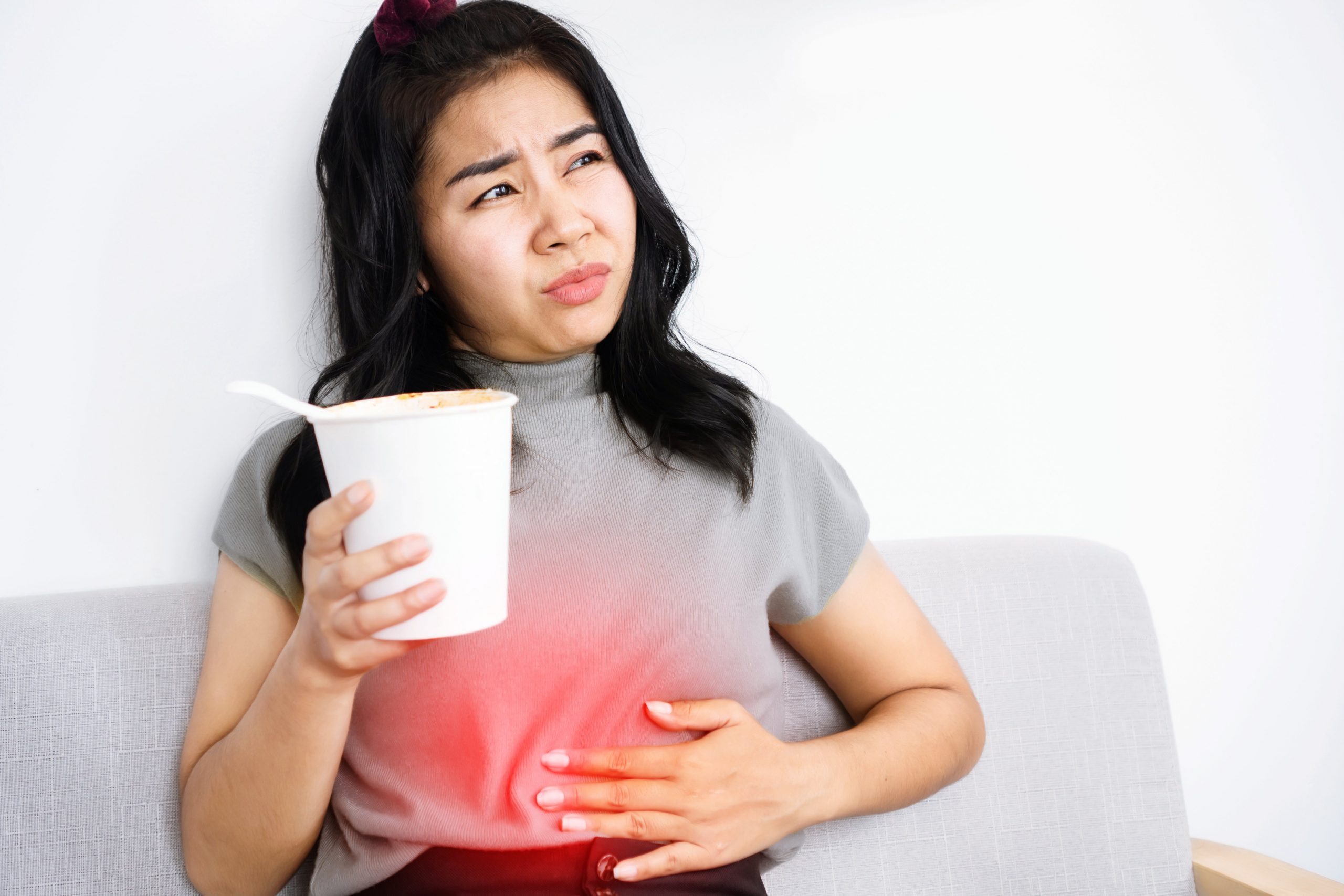
11 Dec Food Coma: What is It and What To Do
If you have ever felt sleepy after eating your meal, you might have already experienced a food coma.
Food coma or Postprandial somnolence usually happens after a meal wherein you start to feel sleepy. Aside from poor energy levels, you might also experience poor concentration.
There aren’t so many studies about the phenomenon of food coma, but there are theories as to why it could happen.
Some of the theorized causes include:
- Changes in blood circulation: this theory has been challenged, with experts noting that people who undergo stressful situations such as exercise can maintain blood flow to their brain during a time when their body requires more blood.
- Big meals: a 2020 study noted that male participants who ate pizza reported less energy and more physical tiredness, sleepiness, and lethargy 4 hours after eating, particularly those who overate.
- Meals with high protein, carbohydrates, and fat: Meanwhile, meals rich in carbs, protein, and fats have been linked to food coma due to the amino acid tryptophan, which can increase the amount of serotonin. Serotonin can promote sleep.
How to Address Food Coma?
If you don’t like staying on the couch after your lunch, you can take some preventive measures such as:
- Eating smaller meals
- Getting more sleep
- Having balanced meals
- Being active after meals
- Controlling portions
- Staying hydrated
Food coma isn’t harmful but may cause inconvenience if you need to work or study after your meals. If you’re still concerned about it, talk to your doctor to get a professional’s opinion.
SOURCE:



